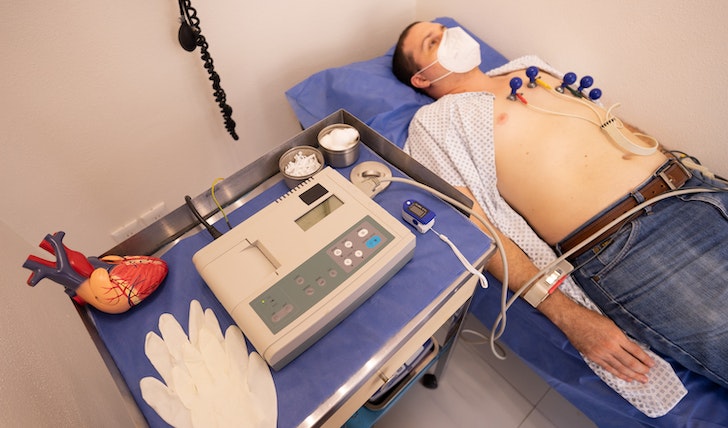Heart diseases are one of the leading causes of death in the world today. Every year, millions of people die due to heart diseases and many more suffer from heart problems that lead to a shortened lifespan. It is estimated that heart disease accounts for almost 50% of deaths every year. The fact that heart disease can put your life at serious risk is something we should all take seriously and look into ways to protect ourselves against it.
What is Heart Disease Actually?
Essentially, heart disease refers to any condition affecting the heart or blood vessels, including coronary heart disease (CHD), heart failure, and stroke. CHD is the most common type of heart disease.

Los / Pexels / Any unhealthy condition that affects the functionality of the heart is a heart disease.
It occurs when plaque builds up in your artery walls and restricts blood flow, leading to a heart attack or stroke. Heart failure is when the heart can no longer pump enough blood through the body. On the other hand, a stroke occurs when there is a sudden interruption in the blood supply to the brain.
Causes of Heart Disease
There are many factors that can contribute to heart disease, including lifestyle choices. This includes smoking, an unhealthy diet, and a lack of physical activity.
Other risk factors include age, family history of heart disease, high cholesterol levels, and diabetes. Also, sleep apnea, obesity, and hypertension.
Symptoms of Heart Disease
The symptoms of heart disease vary depending on the type and severity. However, some common signs may include the following:

Los / Pexels / Dizziness, fatigue, and heart palpitations are the commonest symptoms of heart disease.
- Chest pain or discomfort (angina)
- Shortness of breath (dyspnea)
- Heart palpitations
- Fatigue
- Dizziness.
Thus, if you experience any of these symptoms, it is important to seek medical attention as soon as possible.
Prevention and Treatment of Heart Disease
The best way to prevent heart disease is to make lifestyle changes such as quitting smoking, eating a healthy diet, exercising regularly, and managing stress levels.
Additionally, medications such as aspirin and statins may be prescribed to help lower cholesterol levels or reduce the risk of heart attack or stroke. In some cases, surgery may also be necessary if the heart damage is too extensive.
Take Care of Your Hearth to Live a Longer Life
Heart diseases can put your life at serious risk. However, with the right steps you can reduce your risk and live a longer, healthier life. Make sure to monitor your heart health regularly with regular check-ups, lifestyle changes, and the right medication when necessary. Taking action now can help you avoid heart disease and keep yourself healthy for many years to come.

Karolina / Pexels / Bad dietary plans, sleep apnea, and hypertension are the commonest causes of heart disease.
Living with heart disease does not have to be impossible; there are many ways to reduce your risk of heart complications and lead a fulfilled life. If you or someone you know is struggling with heart disease, do not hesitate to seek medical attention or support from family and friends. With the right steps in place, heart diseases can be managed effectively, and life can proceed as normal.
Remember: Heart diseases are serious conditions that can put your life at risk. However, with the right steps, you can reduce your risk and lead a longer, healthier life.










